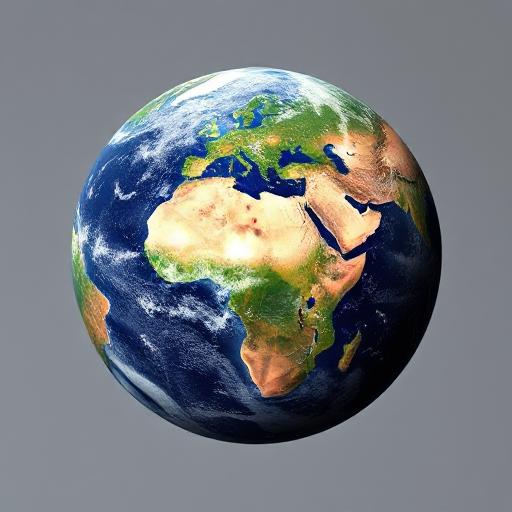How Did Life Begin on Earth?
How life began on Earth is one of the most fascinating and elusive questions in science. We know that life has existed on this planet for over 3.5 billion years, but the exact process that led from non-living matter to the first living cells is still a mystery.
The most widely accepted explanation is the primordial soup theory, originally proposed in the 1920s. According to this theory, early Earth had the right conditions—warm water, volcanic activity, lightning, and a chemically rich atmosphere—for simple molecules to form. Over time, these molecules accumulated in Earth's oceans, creating a "soup" of organic compounds. Eventually, some of these molecules combined in just the right ways to create self-replicating systems: the first precursors to life.
Experiments like the famous Miller-Urey experiment in 1953 showed that it's possible to produce amino acids—the building blocks of proteins—under simulated early Earth conditions. This was a groundbreaking moment for the theory of abiogenesis, the idea that life arose naturally from non-life through chemical processes.
Another major hypothesis is the RNA world theory. It suggests that RNA, a molecule similar to DNA, might have been the first self-replicating material. RNA can both store genetic information and act as a catalyst for chemical reactions, making it a strong candidate for the first step toward life.
Some scientists believe life may have started not on the surface, but deep underwater near hydrothermal vents. These vents provide heat, minerals, and stable conditions that could have helped early molecules come together and evolve. This theory has gained support in recent years as we’ve discovered ecosystems living in extreme conditions at the bottom of the ocean.
Then there’s the more controversial panspermia hypothesis, which proposes that life—or at least its essential ingredients—may have come from space, arriving on Earth via comets or meteorites. This doesn’t explain the ultimate origin of life, but shifts the question to another location in the universe.
Despite decades of research, no single theory has been definitively proven. We know a lot about how life evolved after it began, but the very first spark—the moment chemistry turned into biology—remains a puzzle.
What we do know is that Earth was once a planet without life, and now it teems with it. Whether life emerged from a warm little pond, the ocean floor, or even interstellar dust, the journey from molecules to microbes is a story that science is still writing.
One day, we may have the complete answer. Until then, the origin of life remains one of the greatest unsolved mysteries—and perhaps one of the most exciting frontiers in science.
